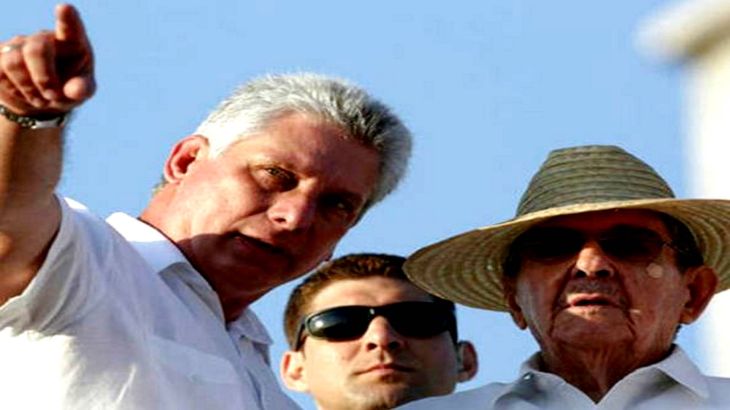
Will a new president mean change for Cuba?
A new era dawns for Cuba for the first time in almost 60 years Communist country’s leader is not called Castro.
Who would succeed the Castros – Fidel and Raul – was the subject of intense speculation in Cuba for decades.
We now know it is Miguel Diaz-Canel, the 57-year-old former vice president.
Keep reading
list of 4 itemsUS to allow more flight routes to Cuba in latest restriction lift
Cuba has a new leader and it’s not a Castro
A new era in Cuba?
He was sworn in as president on Thursday, replacing Raul Castro, 87, who will continue to play a significant role in policy decisions as head of the ruling Communist Party.
The biggest challenges the new president faces are economic.
Although unemployment stands at less than three percent, earnings are low.
The government is the main employer, and state salaries average $30 a month.
Reforms introduced by Raul Castro to boost private enterprise have been accompanied by cuts in subsidies and pensions.
And Cuba has a dual currency system that distorts the economy. One is used to pay wages and local goods; the other is used for tourism and foreign trade. Unifying the two would raise the price of imports.
Presenter: Folly Bah Thibault
Guests:
Carlos Alzugaray – former Cuban ambassador to the EU
Vicki Huddleston – former US chief of mission in Havana
Andrew Otazo – executive director of the Cuba Study Group